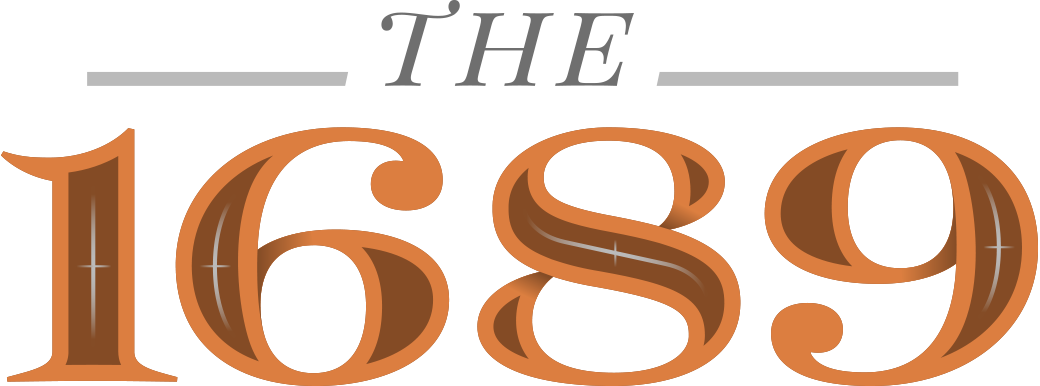Chapter 30
—
Paragraph 1
The supper of the Lord Jesus was instituted by him the same night wherein he was betrayed, to be observed in his churches, unto the end of the world, for the perpetual remembrance, and showing to all the world the sacrifice of himself in his death,1 confirmation of the faith of believers in all the benefits thereof, their spiritual nourishment, and growth in him, their further engagement in, and to all duties which they owe to him; and to be a bond and pledge of their communion with him, and with each other.2
1 1 Cor. 11:23–26
2 1 Cor. 10:16–17,21
—
Paragraph 2
In this ordinance Christ is not offered up to his Father, nor any real sacrifice made at all for remission of sin of the quick or dead, but only a memorial of that one offering up of himself by himself upon the cross, once for all;3 and a spiritual oblation of all possible praise unto God for the same.4 So that the popish sacrifice of the mass, as they call it, is most abominable, injurious to Christ's own sacrifice the alone propitiation for all the sins of the elect.
3 Heb. 9:25–26,28
4 1 Cor. 11:24; Matt. 26:26–27
—
Paragraph 3
The Lord Jesus hath, in this ordinance, appointed his ministers to pray, and bless the elements of bread and wine, and thereby to set them apart from a common to a holy use, and to take and break the bread; to take the cup, and, they communicating also themselves, to give both to the communicants.5
5 1 Cor. 11:23–26, etc.
—
Paragraph 4
The denial of the cup to the people, worshipping the elements, the lifting them up, or carrying them about for adoration, and reserving them for any pretended religious use, are all contrary to the nature of this ordinance, and to the institution of Christ.6
6 Matt. 26:26–28, 15:9, Exod. 20:4–5
—
Paragraph 5
The outward elements in this ordinance, duly set apart to the use ordained by Christ, have such relation to him crucified, as that truly, although in terms used figuratively, they are sometimes called by the names of the things they represent, in other words, the body and blood of Christ,7 albeit, in substance and nature, they still remain truly and only bread and wine, as they were before.8
7 1 Cor. 11:27
8 1 Cor. 11:26–28
—
Paragraph 6
9 Acts 3:21; Luke 14:6,39
10 1 Cor. 11:24–25
—
Paragraph 7
11 1 Cor. 10:16, 11:23–26
—
Paragraph 8
12 2 Cor. 6:14–15
13 1 Cor. 11:29; Matt. 7:6
